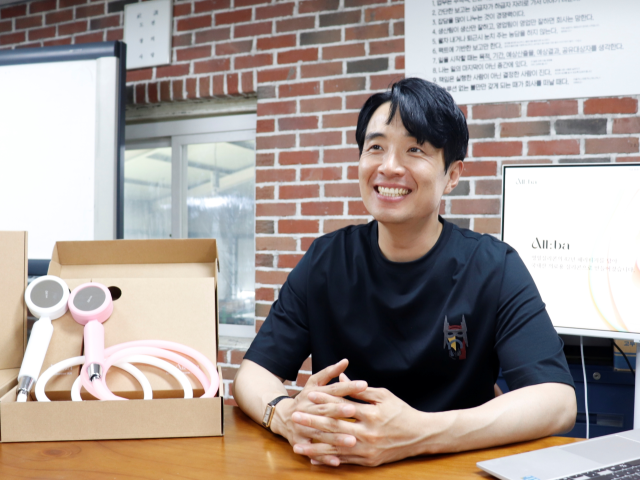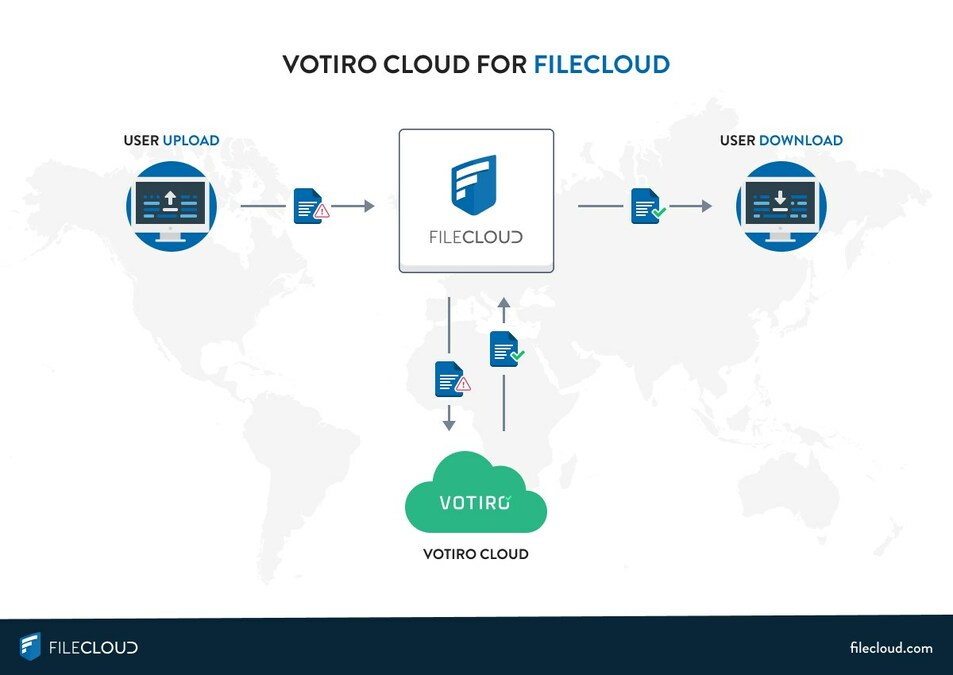
Intel, Dell Technologies, Rolls-Royce and the Motor Neurone Disease Association are announcing I Will Always Be Me, a digital storybook created using voice banking technology that drives positive change for people with motor neurone disease (MND), also known as amyotrophic lateral sclerosis (ALS).
“About 80% of people living with MND will lose their voice, so voice banking technology will help them preserve that part of themselves in a unique way. It’s a beautiful example of how technology can make a real impact in people’s lives.” - Lama Nachman, Intel Fellow and director of Human and AI Systems Research Lab
I Will Always Be Me is an interactive website created for people living with MND and their loved ones. Anyone can visit to record their voice by reading a 1,000-word story aloud in a process that takes about 20 minutes. The book contains critical words and phrases needed to complete the voice banking process. The processed vocals are turned into a digital voice that individuals living with MND can use on any assistive speech device, allowing an individual to communicate with a voice that is identifiably their own. Visitors to the website can also listen to stories about the complexity and challenges of living with MND as told through the voices of people living with MND.
Intel teams provided expertise across multiple areas, including shaping the site’s user experience and accessibility. Intel-based servers also provide the computing power required to analyze, process and digitize a voice.
Prior to this project, the process of recording a voice would usually take place in a clinical setting, which can be physically difficult for individuals with MND to get to and is an emotionally solitary experience. This digital storybook allows them to record their voice from any device at home, surrounded by family.
“What I think is brilliant about this project is that you're asking people to do something that's very natural to them,” Nachman said. “True accessibility is about recognizing the human experience and building around it.”
The project also underscores Intel’s multiyear strategy to embed accessible computing experiences across Intel’s product portfolio, integrate people with disabilities into the design process and deliver technologies that empower everyone.
“Together with our partners, we are bringing voice banking and digitization technology from a niche use case to a mainstream audience, while discovering innovation pathways for how technology can address more accessibility challenges,” said Darryl Adams, director of accessibility at Intel.
Adams, who has a degenerative eye condition that gradually impaired his vision and is deaf in one ear from a surgical accident during college, added that the democratization of tech and the rapidly expanding adoption of AI-based workloads in the cloud and on client machines are unlocking new ways to apply technology in solving disability-related challenges.





.png)
.png)
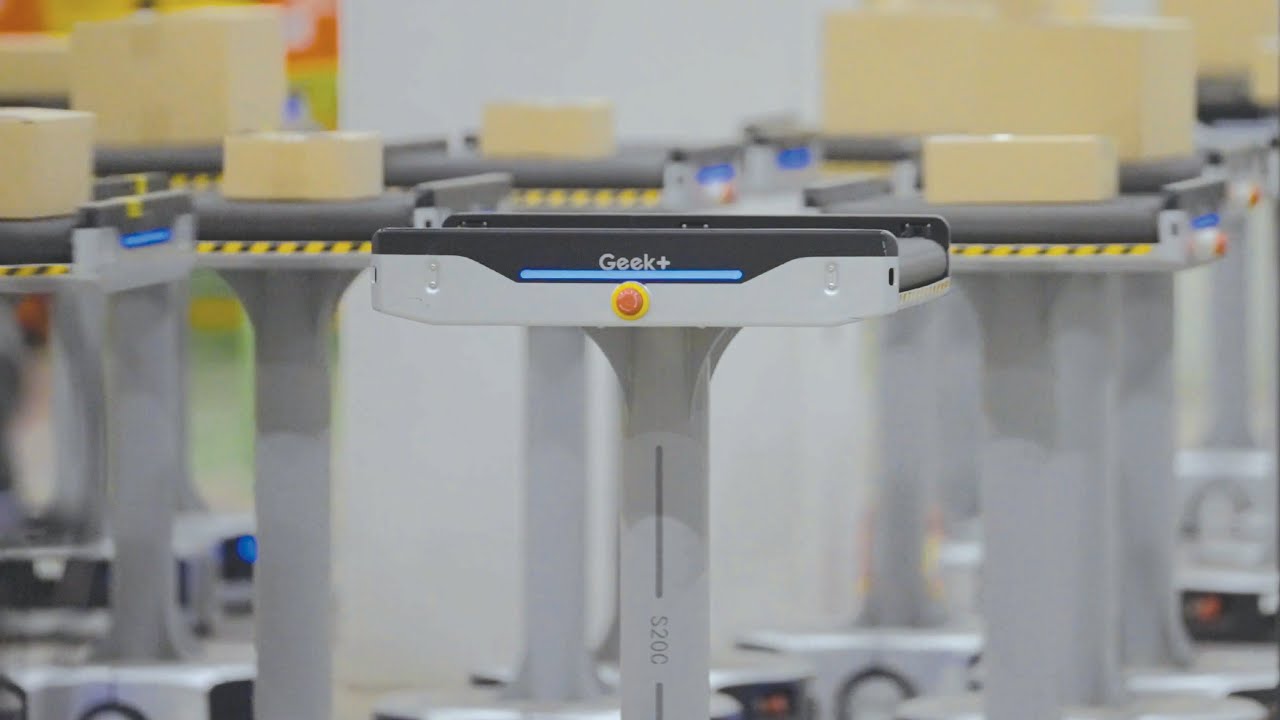



_thumb.jpg)







.jpg)



































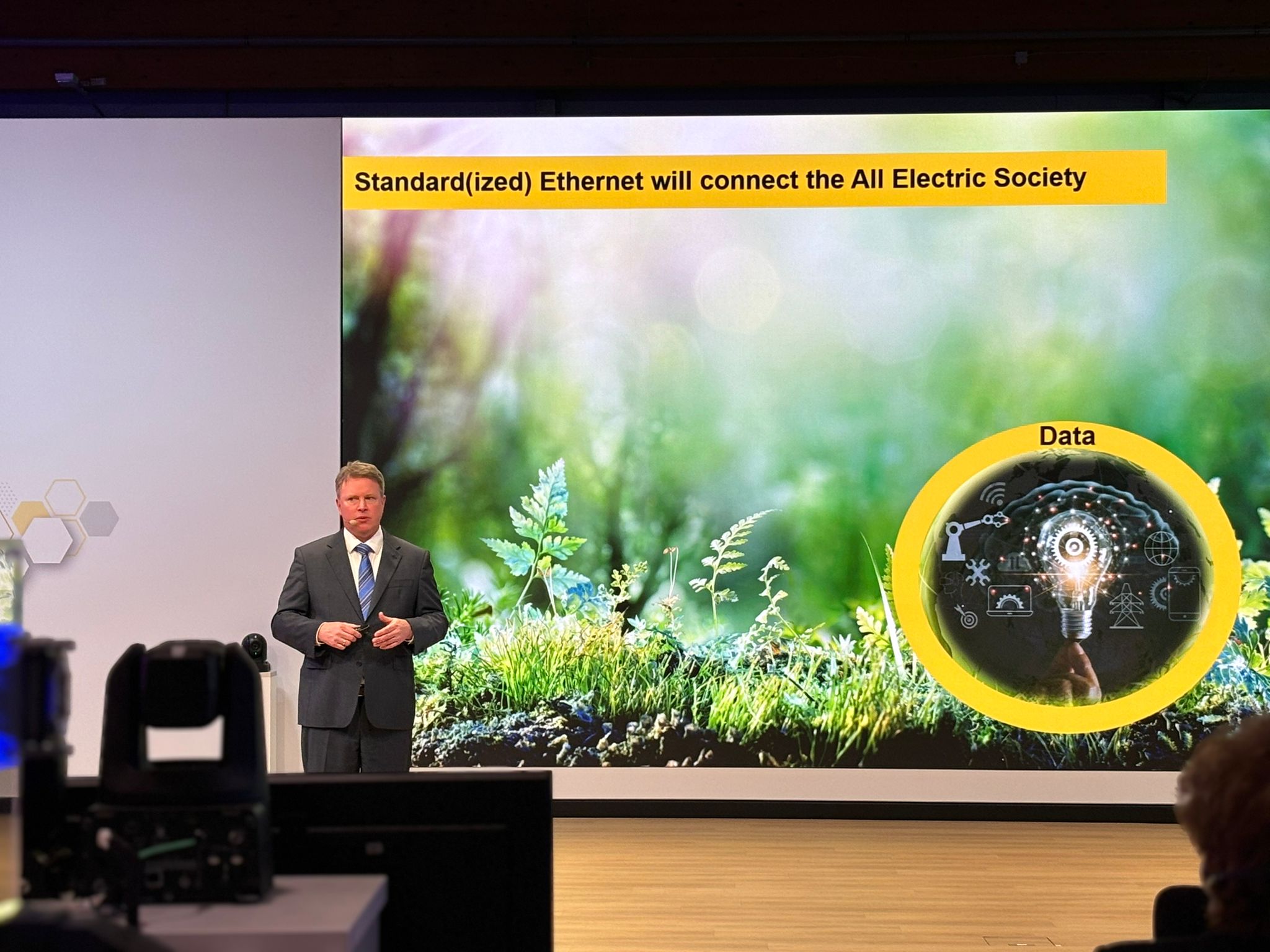

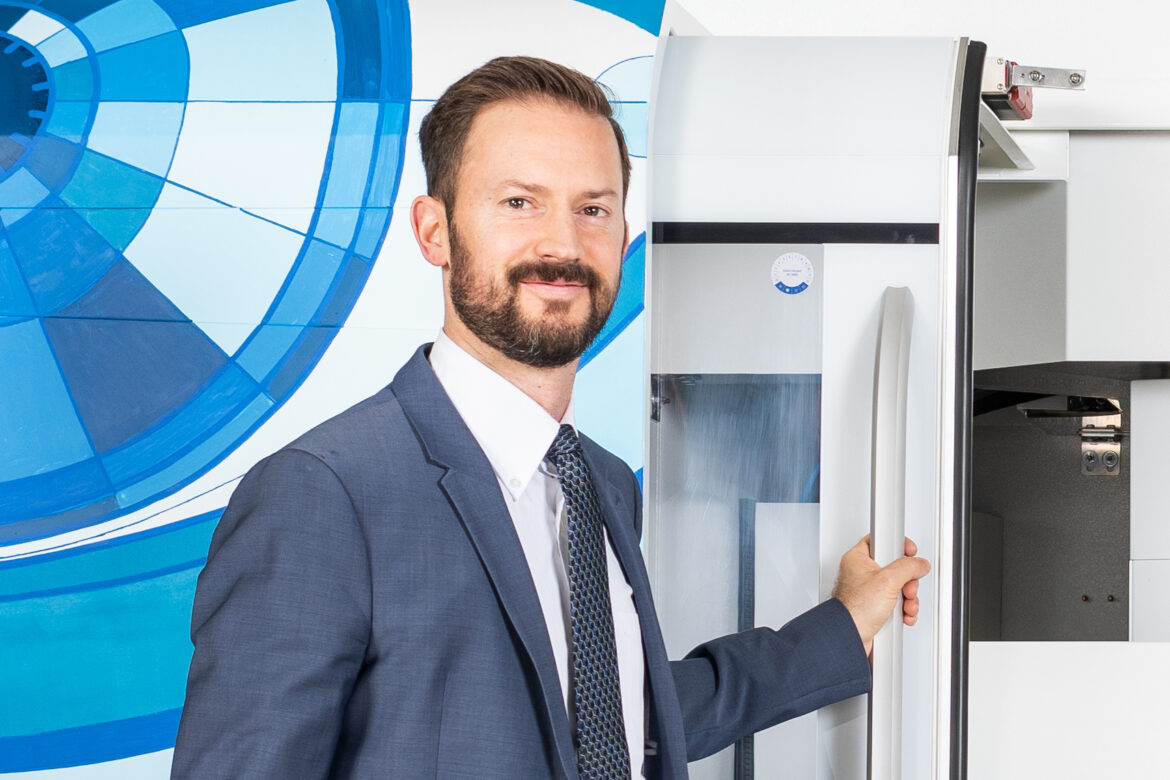




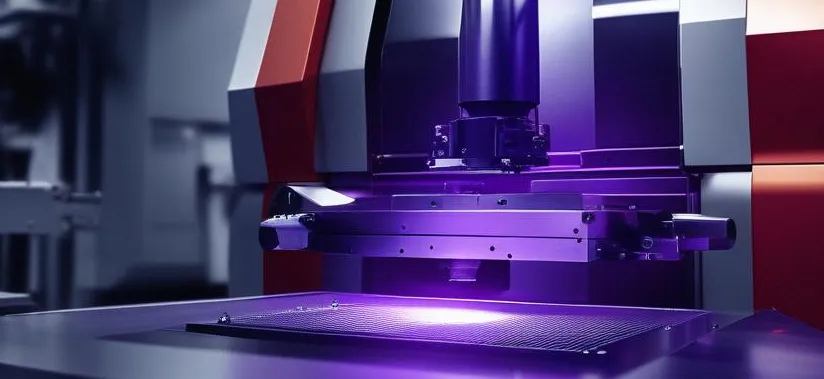










.jpg)












%20(1).jpg)







